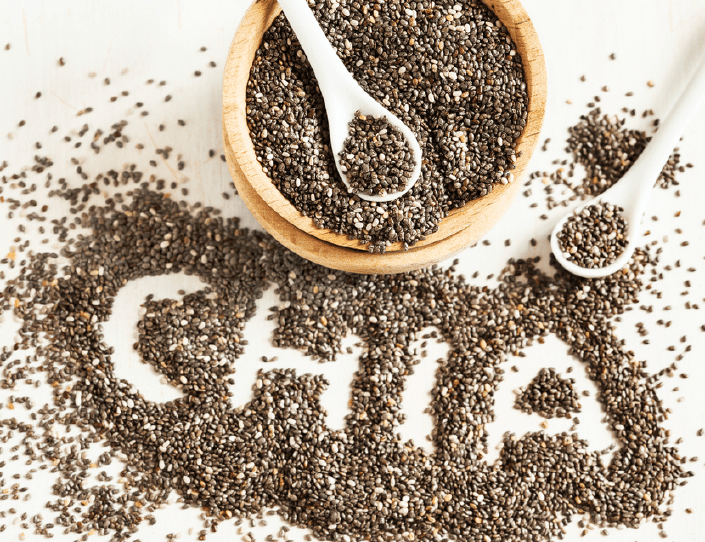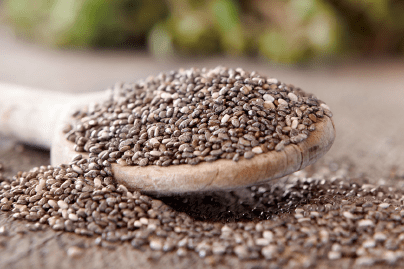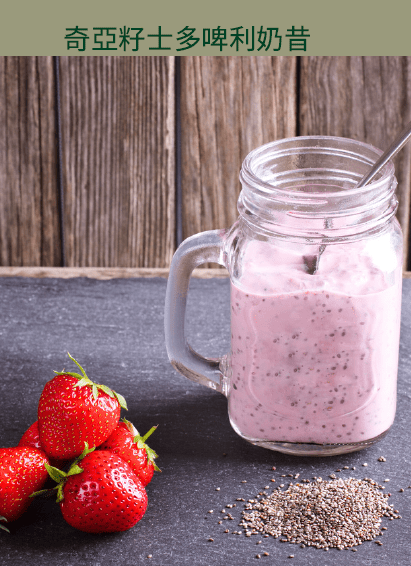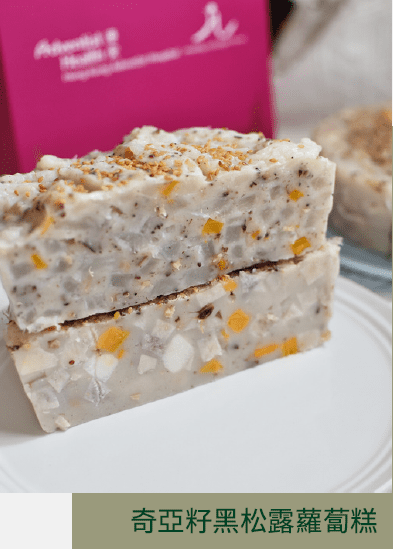
Helps Gut Health
Chia seeds contain sufficient fiber, which is important for digestive health and maintaining intestinal health, and may also reduce the risk of chronic diseases.
Helps promote Bone Health
Chia seeds are rich in minerals, including calcium, magnesium and phosphorus. These minerals are beneficial for bone health.
Helps the Heart and lowers Blood Pressure
The fatty acids in chia seeds can protect the heart, help fight against inflammation, and lower blood pressure in patients with hypertension. And any dietary change plus exercise can have significant benefits for heart health.
Helps in Weight Loss
Adding chia seeds to porridge, cereal, milk and other foods can provide sense of fullness and help control weight.
Chia seeds are tiny black seeds from the mint plant family, native to Central and South America. Despite their long history, they didn’t really begin to be used in the United States until the 1980s.

Chia seeds (25 g) contain approximately the following nutrients:
-- 122 Calories
4.1 g - Protein
2 g - Carbohydrates
8.6 g - Fiber
7 g - Fat
158 mg - Calcium


Eating too much chia seeds at one time may cause abdominal discomfort, constipation and bloating, so it is important to drink enough water. People with inflammatory bowel disease may need to regulate their fiber intake and limit high-fiber foods such as chia seeds to prevent intestinal obstruction and worsening inflammation.
Every year Hong Kong Adventist Hospital created several New Year festival foods fortified with chia seeds and this year is of no exception. The modified ideas not only bring added nutrition to dinner parties, but also bring joy to the festival!














